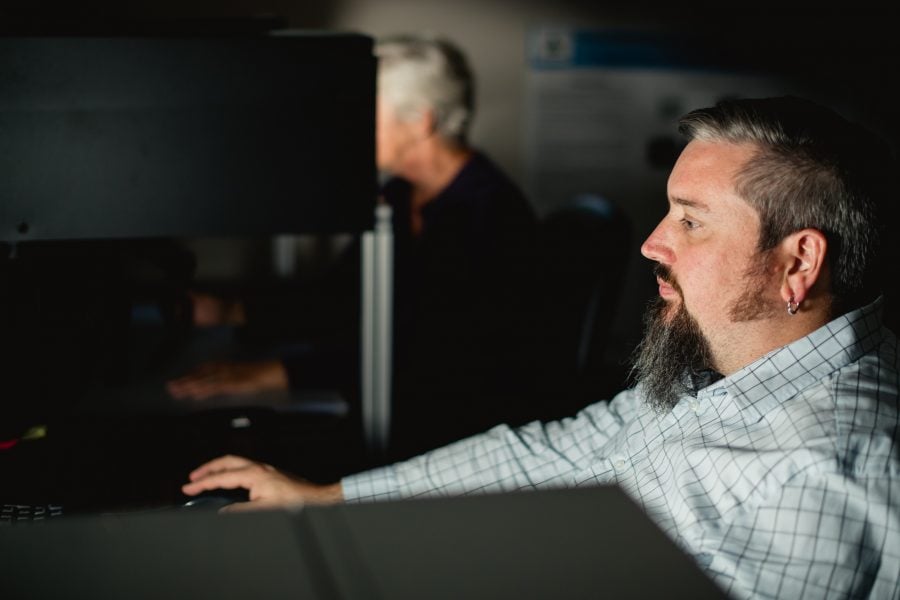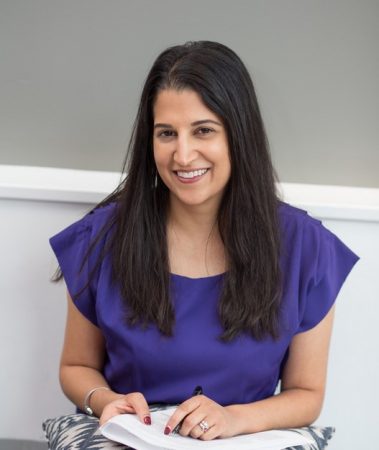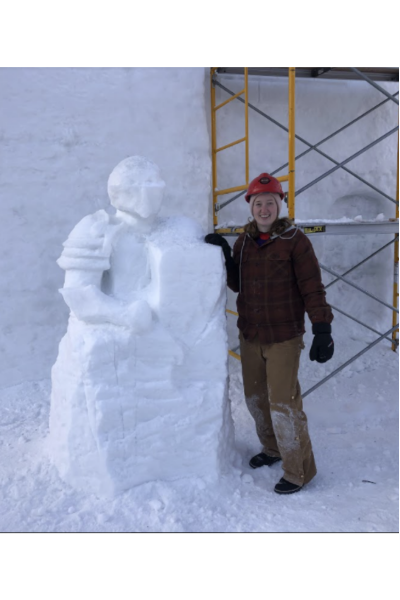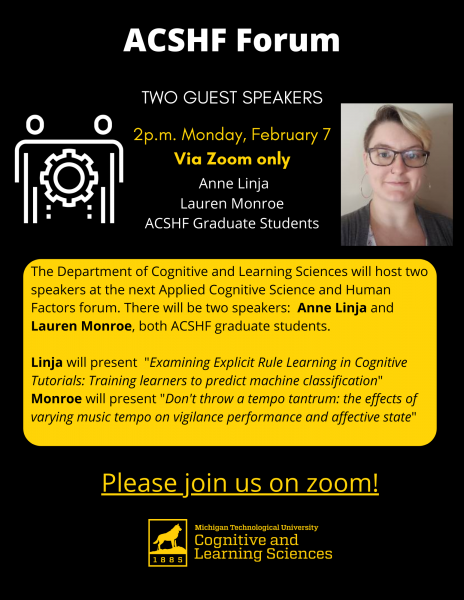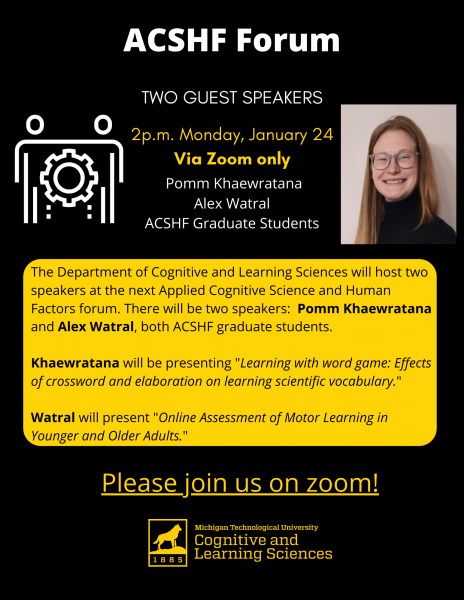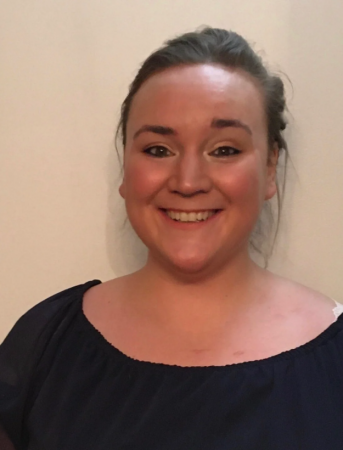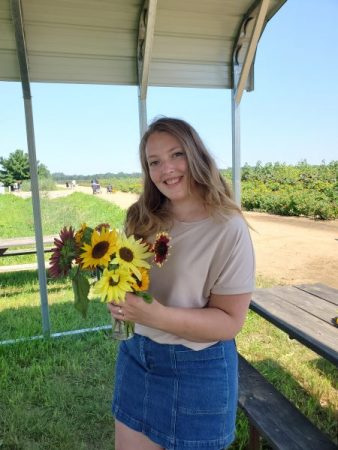Dr. Kevin Trewartha, associate professor in the Department of Cognitive and Learning Sciences (CLS) and Department of Kinesiology and Integrative Physiology (KIP), will present a talk on cognitive neuroscience of aging, Friday, April 15, 2022, at 3:00 pm, in Rekhi Hall Room G005. The lecture can also be attended virtually on Zoom. For more information on Dr. Trewartha’s research, visit his Aging Cognition Action Lab.
Dr. Hongyu An, assistant professor in the Department of Electrical and Computer Engineering, will also present. Dr. An’s research interests include neuromorphic engineering/computing, energy-efficient neuromorphic electronic circuit design for Artificial Intelligence, emerging nanoscale device design, and spiking neural networks. Visit Dr. An’s faculty webpage.
The lecture is sponsored by the Department of Computer Science.
